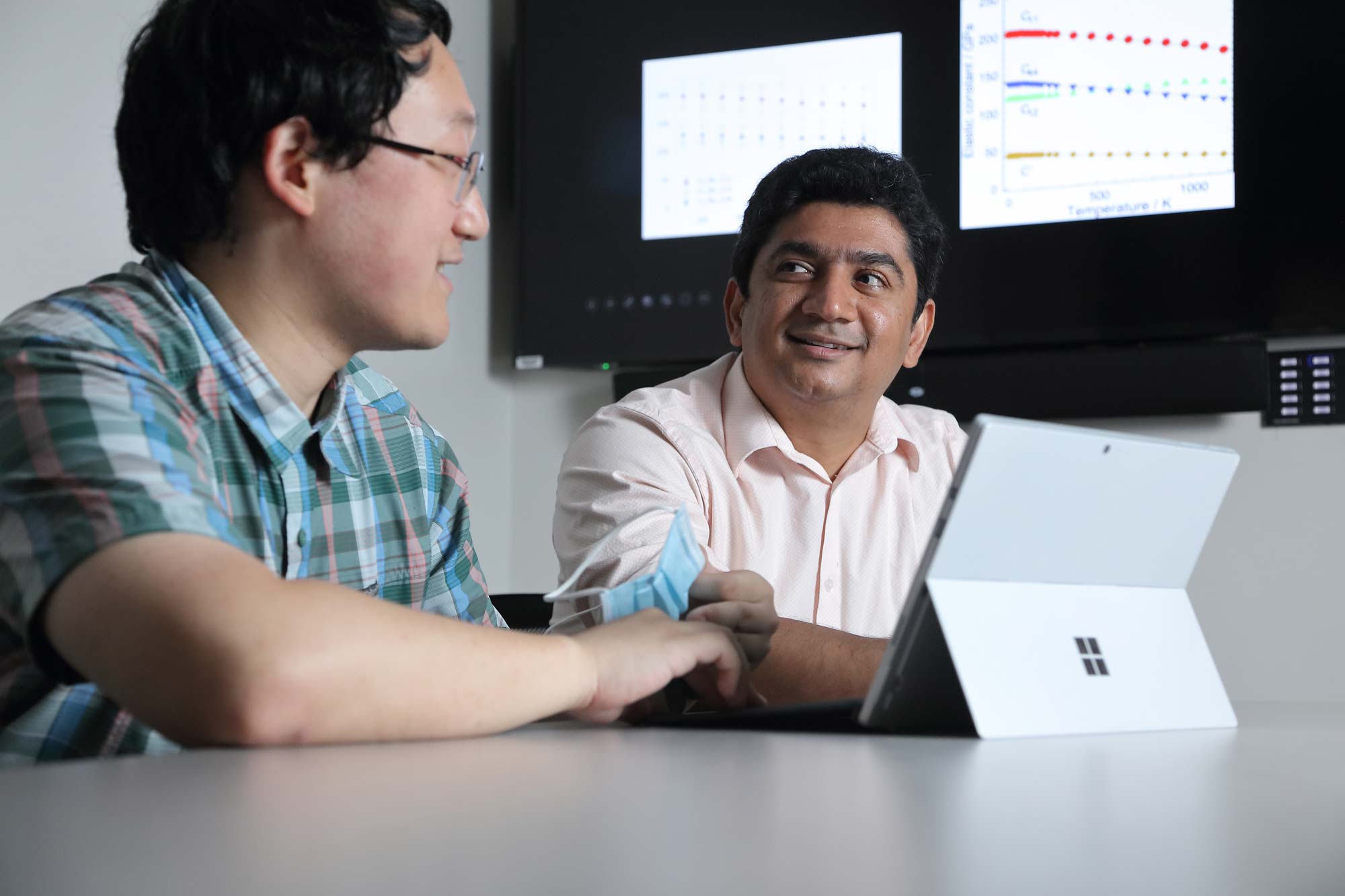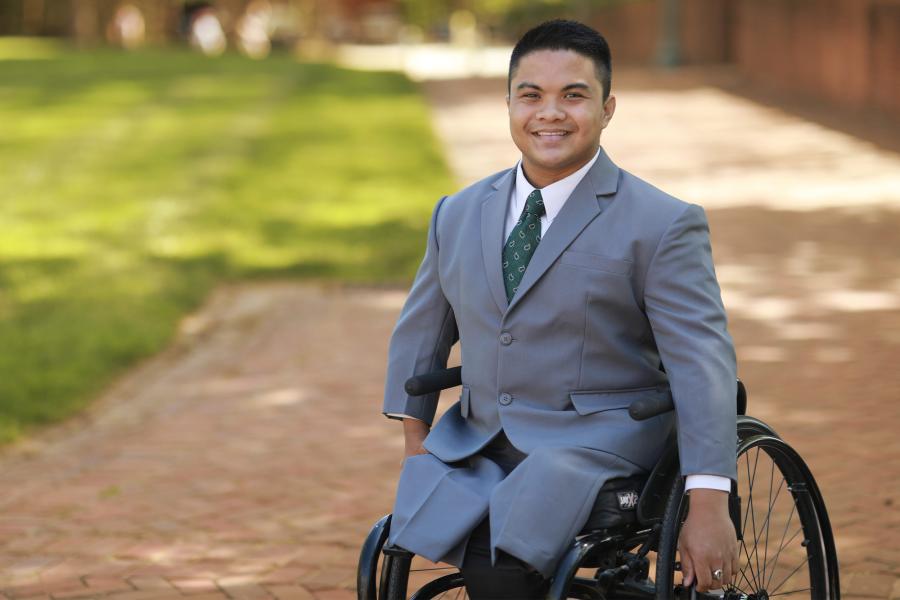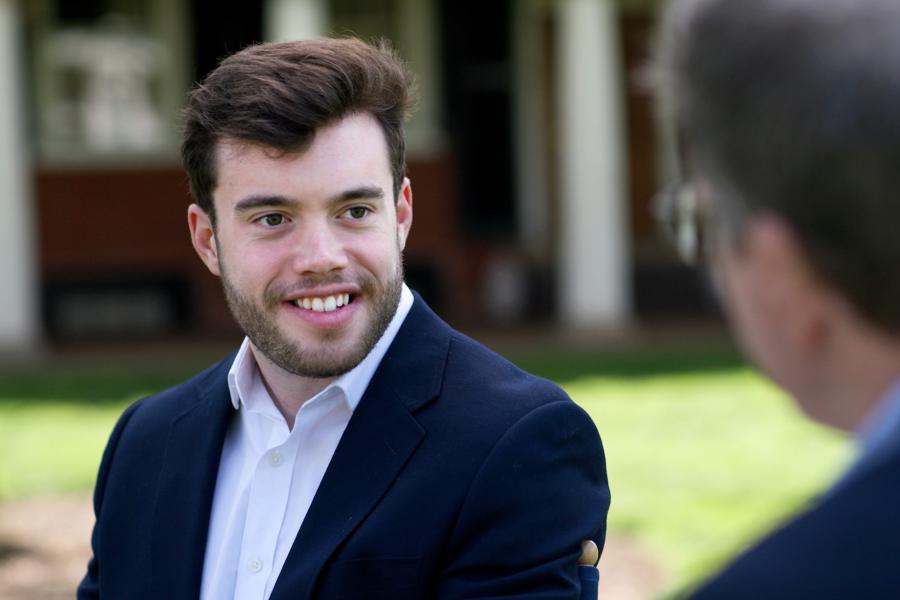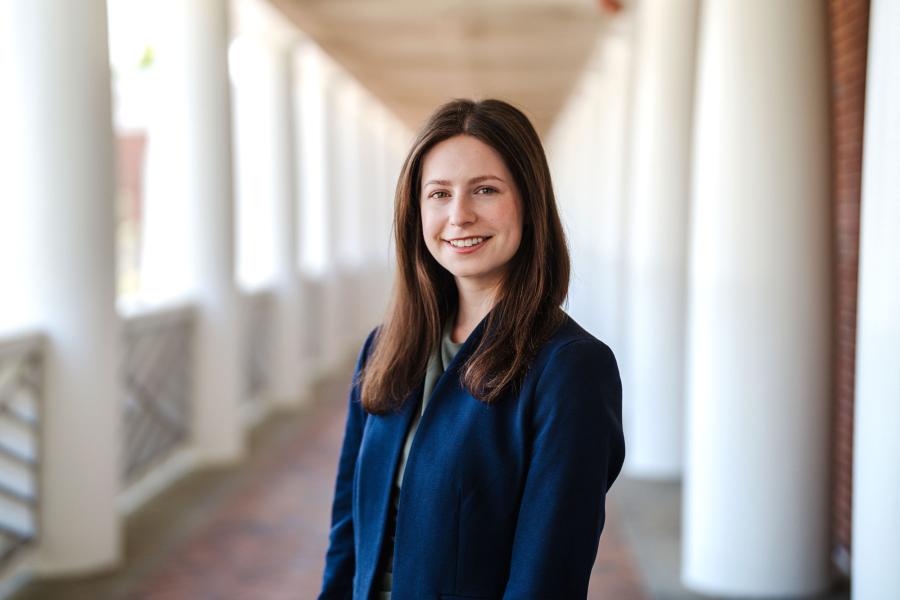As a gateway into the “real world,” college is a time when many students demonstrate financial responsibility for the first time.
But for students without expertise in finance, tasks like paying off student loans and applying for credit cards may feel impossible to juggle.
Enter Peer Financial Counseling.
Peer Financial Counseling is a branch of the University of Virginia’s Student Financial Services that offers students free advice about money.
“Peer Financial Counseling at UVA is designed to allow students, of any stripe, to meet with a peer or a near-peer to talk about matters related to personal finance,” said Chris Doran, communications manager at Student Financial Services and founder of the Peer Financial Counseling program.
Since its launch in February 2019, Peer Financial Counseling has hosted about 200 individual counseling sessions. Additionally, the initiative has reached over 400 more students through its financial wellness programs and presentations.
The Peer Financial Counseling team is made up of student volunteers, not financial advisers who might pick apart a student’s financial history. Volunteers must undergo an educational program designed to help them master the basics of personal finance.
Peer Financial Counseling does not just recruit student counselors majoring in economics or commerce. Counselors come from various majors, backgrounds and financial histories, allowing students to be paired with someone they relate to.
By scheduling in-person or online counseling sessions, students can ask about an array of topics related to personal finance, like creating budgets, opening a personal bank account, the basics of investing, and more.
Students are encouraged to select one or two specific topics to discuss in preparation for their session with a counselor. At the beginning of each session, students are asked about their financial values and priorities. Then, the counselors can help the student make a plan to meet their goals.
“It is not our job to determine what success is for a student,” Doran said. “The student is the hero of the interaction, and the counselors are just the guide.”
While the meetings tend to offer an overview of particular topics, counselors can dig deeper into more specific subjects if the student is interested.
“For example, for a meeting about budgeting, we can have a lot of general tips we can offer, or we can actually sit with a student and create a budgeting sheet with their personal financial details,” Will Mathews, a volunteer counselor with the program, said.
After finishing their first visit with a counselor, students can expect counselors to keep in touch with them to provide ongoing support if necessary.
The program prides itself on creating a non-judgmental environment to cultivate honest and thoughtful conversations surrounding personal finance.
“We are students, too,” Mathews said. “We understand the financial pressure that other students are facing. Instead of having to go to an adult in Student Financial Services, which can be a little intimidating, we can be a beneficial first step where people feel comfortable coming to have their questions answered.”
As a fourth-year economics major, Mathews has been a counselor in the program since his first year at the University. He has since taken on a managerial role alongside his traditional counseling role.
“I would never want to give up the counseling aspect because it is the most impactful portion of the program,” Mathews said. “It’s the reason why I’ve stuck with the program for so long.”
Peer Financial Counseling volunteers know that some students, specifically those from low-income families, may hesitate to meet with a peer because they fear the counselor might not understand their unique circumstances. To combat these feelings, the program seeks to match students with counselors with similar experiences.
“We have this stigma around money, especially at a place like UVA where there is a substantial disparity in income,” Doran said. “We will match students if they state a preference for a student who, for example, receives financial aid or has taken out a federal loan before, so they can walk them through the process and give their own experience.”
The program is based on the second floor of Clemons Library, with hours from 1 to 5 p.m. on Tuesdays, Wednesdays and Thursdays. To schedule an appointment with a counselor, students can send their name, a date and time that works for them, and a summary of their financial concerns in an email to PeerFinCounseling@virginia.edu.
“Financial self-advocacy, financial literacy and having confidence in managing your money are not optional life skills,” Doran said.
“The Peer Financial Counseling program is one tool that can help students worry less about their finances, and I encourage all students to advocate for themselves and get in touch with our program.”
Media Contact
Article Information
May 9, 2024






